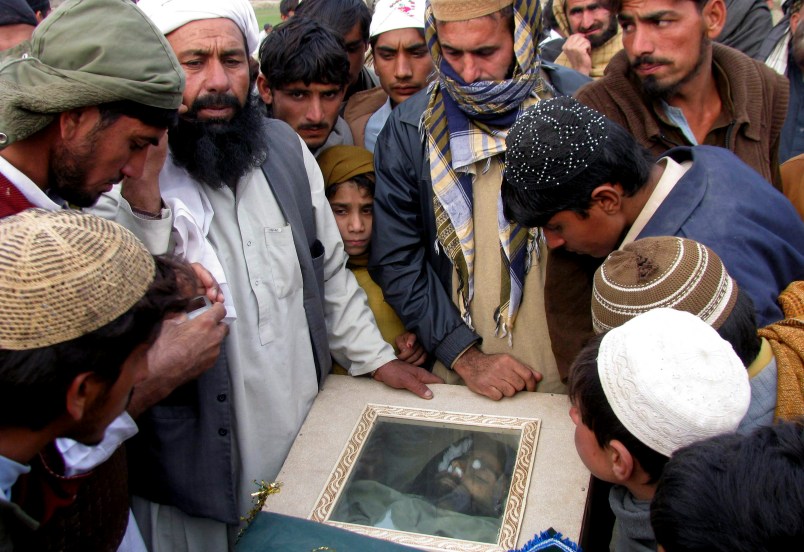TPM Live Chat Guest Calls Military Policies ‘Suppressants, Not Cures’ To Terrorism: Read The Convo
On Tuesday Oct. 13, counterterrorism expert and journalist J. Dana Stuster visited the Hive to talk about U.S. intervention in the Middle East. Stuster is a policy analyst at the National Security Network, and he’s written about the Middle East for publications including The Atlantic, Foreign Policy and Defense One. He talked to Prime members about everything from 9/11 to U.S. policy in Syria. Read snippets from the conversation below:
PRIME MEMBER:
People on the political Left tend to want to rely on prevention rather than cure. In your opinion, how effectively balanced is US counter-terrorism policy between diplomacy/cultural programs (prevention) and law enforcement/military programs (cure)?
STUSTER:
“The U.S. policy – and the reporting on U.S. policy – are overly focused on military solutions, but the work being done on countering violent extremism (CVE) is getting more and more of the attention it deserves. One of the challenges for the United States trying to be more proactive on CVE is the fact that the U.S. government is not a credible voice with the demographics most at risk for radicalization.
I’d just take one issue with your framing, though. I don’t think law enforcement and military policies are a cure. In a medical analogy, I think it’s more akin to a cough suppressant, something that tamps down the worst effects (in the case of terrorist groups, their ability to organize and plan transnational attacks) while the disease is dealt with by other means.”
PRIME MEMBER:
“I’m just going to give you a take that I’ve always wanted to see an expert react to — I believe the threat of terrorism has been vastly overstated and that we’d be reasonably safe without the PATRIOT Act, a greatly curtailed surveillance state and that we could basically emphasize freedom and privacy, while reducing our overseas military presence, without sacrificing safety in a meaningful way. Thoughts?”
STUSTER:
“I think that’s mostly right…President Obama alluded to this after the school shooting in Oregon, asking journalists to compare the number of U.S. casualties from terrorism to the number of casualties from gun violence. The politics of terrorism ensure an overreaction – I can’t think of another political issue that does that the same way. And despite everything the United States does, it can’t bring the probability of an attack to zero – it can get close, but things slip through the cracks… Everyone in the U.S. intelligence and security community can explain why they’re important to preventing terrorist attacks and no politician wants to be the one to cut programs because they know it will be held against them when something does happen.”
PRIME MEMBER:
“What is your bottom line take on Syria with respect to the US endgame? Obama said on 60 min the other night that he’s unwilling to sacrifice American lives in the region. There must be more to it than that. Is Obama’s strategy to drive a wedge between Assad and Tehran? Is Assad even relevant?”
STUSTER:
“…President Obama has been clear that he is not interested in intervening with U.S. forces in Syria and he’s tried to differentiate between intervening against the Islamic State and intervening in the Syrian civil war. As horrific as the atrocities perpetrated by the Assad regime have been, the United States does not have a vital security interest in the war or any natural allies in the conflict. Especially after Libya, I think President Obama is operating from a very conservative position on the use of force…
Right now, I think the way this plays out is that Russia and Iran will escalate the war and increase the bloodshed inconclusively. Beyond resupplying Syrian rebels with anti-tank weapons and continuing its covert training mission for the rebels (which is frequently overlooked), President Obama doesn’t want to be a part of that. There are rumblings again about restarting a diplomatic process (China mentioned it at the UN General Assembly, Germany just volunteered to test the waters with Iran). If that happens, and if it goes anywhere, it probably results in an agreement that preserves, if not Assad, then probably the structure of the Syrian government.”
Interested in joining the next live chat? Sign up for Prime here.






